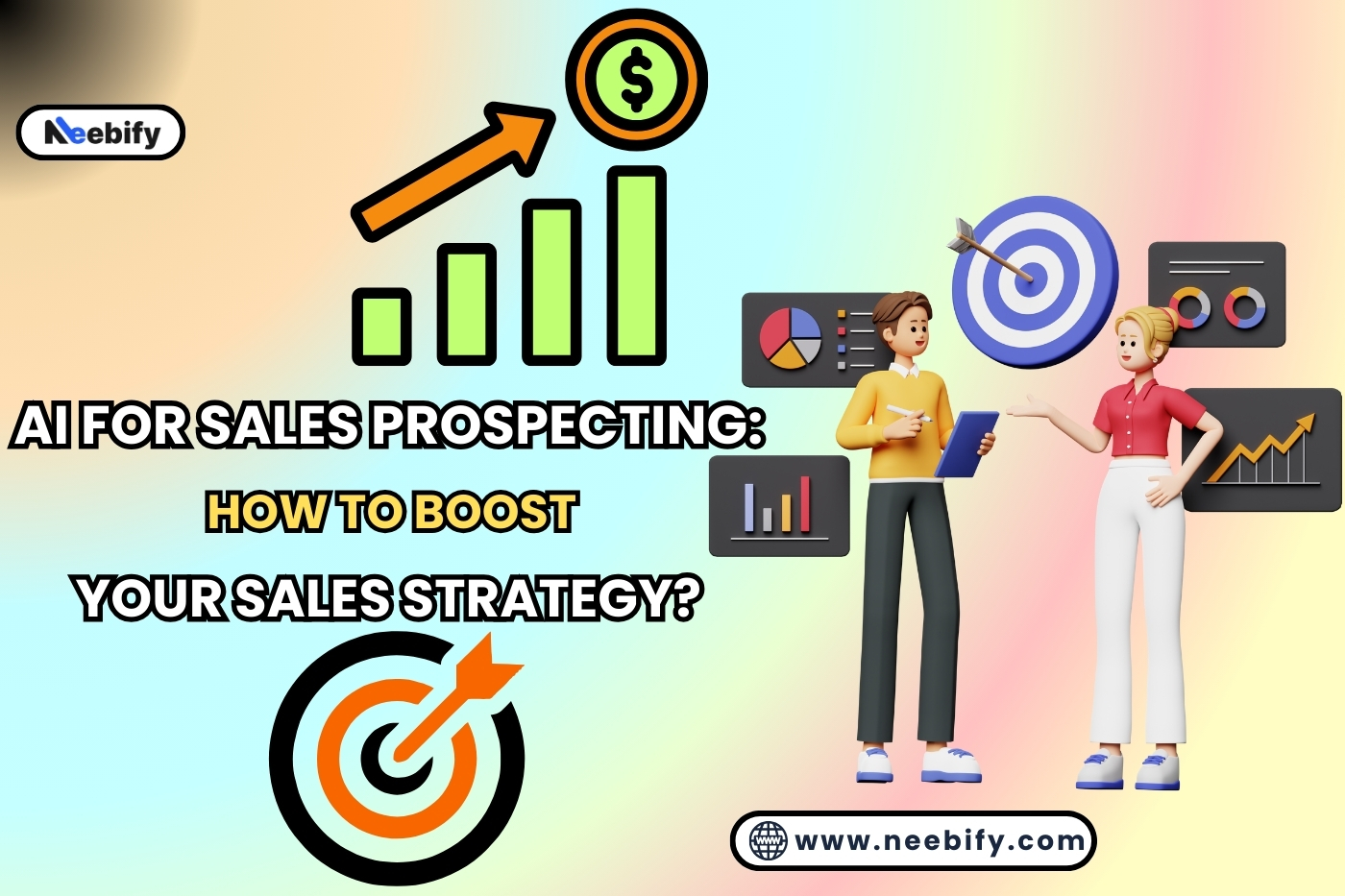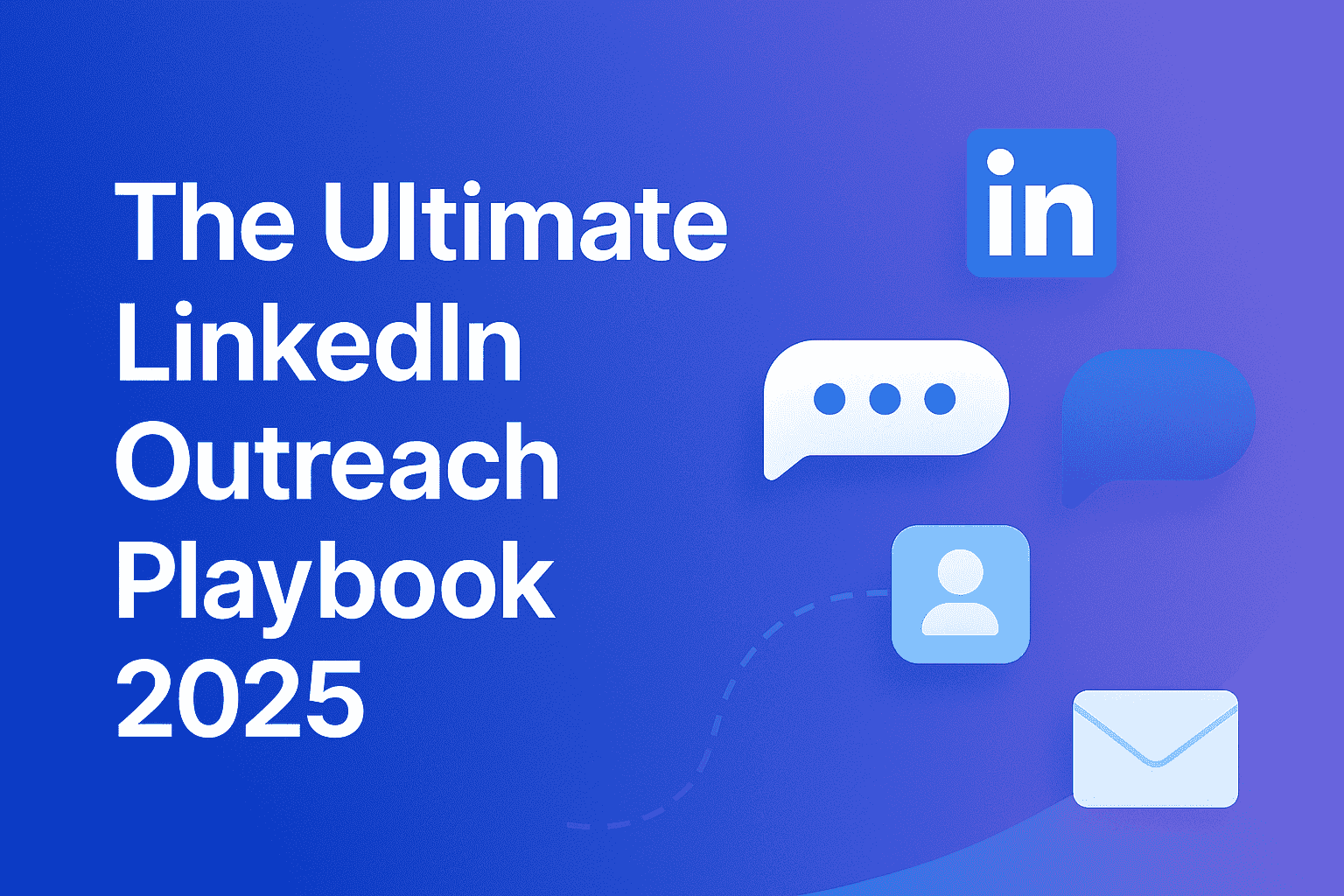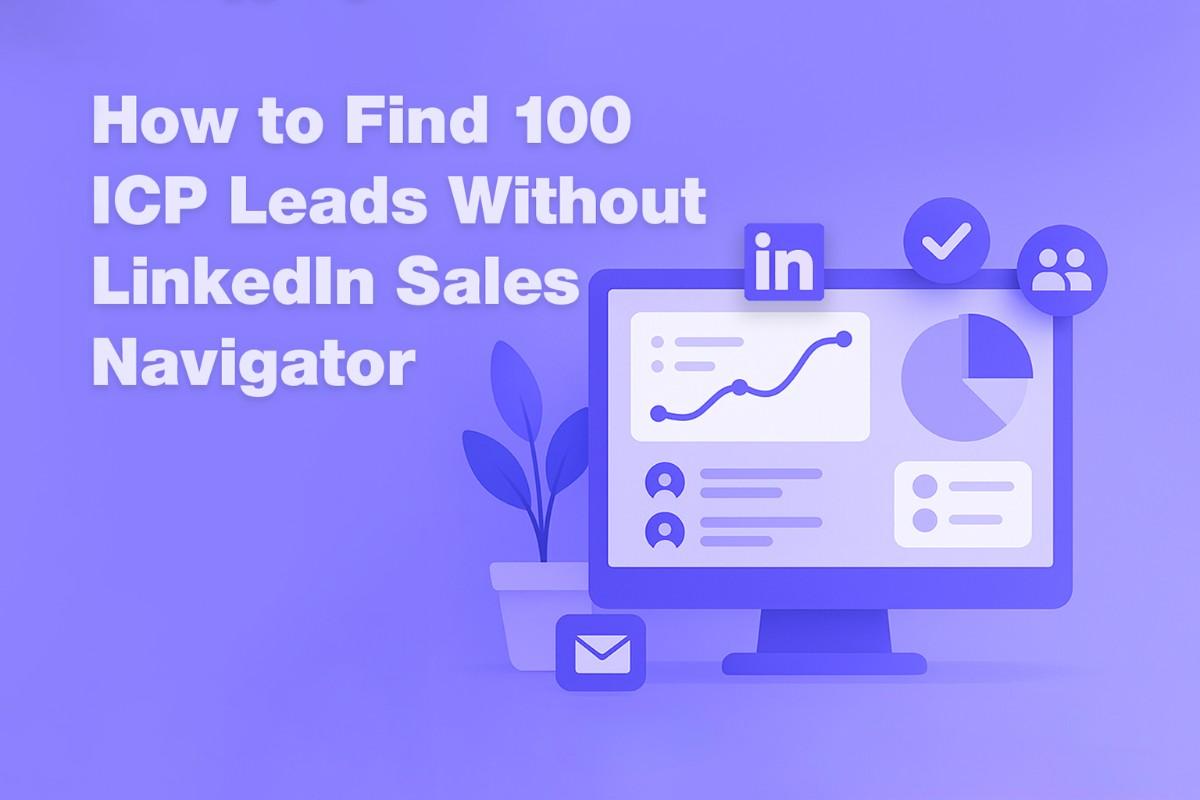Table of content
AI for Sales Prospecting: How to Boost Your Sales Strategy
Sales prospecting is a part of the sales process that involves identifying prospective customers who are likely to buy your product or service. In the light of rapid advancements in technology, artificial intelligence (AI) has become an extremely useful tool for sales teams in order to streamline the process, improve efficiency, and increase revenue. Adopting AI in sales prospecting enables businesses to adopt smarter, data-driven strategies that accelerate the sales pipeline.
In this blog, we will see how AI can optimize your sales strategy, which approaches you need to follow, and what are the available AI-powered tools for sales prospecting. We will also discuss the advantages of "AI sales prospecting tools" and how they can revolutionize your sales approach.
How Can You Use AI to Optimize Your Sales Strategy?
AI has revolutionized the way sales teams approach prospecting and lead generation. No longer relying on manual means, AI introduces automation, predictive analytics, and machine learning to make the process smarter, faster, and more accurate. Here's how AI can optimize your sales strategy:
1. Better Lead Scoring: AI applied predictive analytics that looks at the historical data to identify the high-value prospects and scores the leads, according to the chances they will convert. Sales prospecting tools with the aid of AI can predict which leads hold the promise by analyzing demographic data, behavioral patterns, and other purchasing history.
2. Improved Personalization: One of the key challenges in sales prospecting is personalizing outreach at scale. AI can help by analyzing customer data to personalize email campaigns, messaging, and product recommendations. AI-powered sales tools can suggest tailored content that resonates with individual prospects, increasing engagement and conversion rates.
3. Sales: Sales uses the technique predictive analytics and allows, AI to predict future sales patterns and behavior of customers; whereas, based on past data interchange and other external information and from that, AI predicts, how many leads are most possible to be converted, sales teams focus their efforts and time and resources on this high-value prospect.
4. Automation of Routine Activities: AI sales automation is a technology that is really good at automating the routine tasks like sending follow-up emails, scheduling meetings, and entering data in CRM systems. These automate routine activities so that the sales team can focus more on closing deals and maintaining relationships.
5. Sales Insights and Reporting: AI-driven insights and reporting tools provide real-time data on sales performance. With machine learning for sales, AI can analyze patterns, track sales activities, and improve areas of weakness, enabling adjustments in sales strategies by its managers.
Which AI for Sales Prospecting Approach should you adopt?
There are different approaches in the adoption of AI for sales prospecting and which depends on the business. Here are the main approaches to consider:
1. Lead Generation with AI: One of the most major purposes of AI for sales prospecting is generating leads. Using lead generation AI for sales, one can automatically look up and qualify leads. AI tools scan data on websites, platforms on social media, as well as databases on the Internet, in search of likely leads. Through setting up AI-enabled tools, it ensures that your sales team will always be operating on a list of the highest quality and most relevant leads.
2. AI for Customer Acquisition: For any business that wants to expand their customer base, AI can be used to optimize the customer acquisition process. AI for customer acquisition tools analyze customer data and market trends to identify which prospects are most likely to convert into long-term clients. This allows your sales team to target the right prospects with more personalized offers and strategies, increasing the chances of success.
3. AI-Driven Sales Techniques: Data Analytics Guided Approach With AI-driven sales techniques, integrating this into your strategy lets you guide your sales people on how to approach other customers based on data and other customer behavior. AI is able to suggest the ideal hours to contact prospects, recommendation of messaging strategies, predict the type of content, or offers that are very likely to resonate with the lead.
4. Sales Prospecting AI Software: Sales prospecting AI software is built to help automate the important aspects of prospecting, such as lead qualification and outreach. It normally contains features like automated email sequences, lead scoring, and real-time data analysis. When choosing an AI sales prospecting tool, consider software that is well-integrated with your CRM system and has simple reporting features.
5. AI for B2B Sales: If you work in the B2B space, AI for B2B sales can be a particularly strong tool. AI tools that are tailored for B2B sales teams are meant to analyze large volumes of data from different sources, help you identify decision-makers, understand industry trends, and track competitor activities. These insights are priceless for improving your targeting and closing strategies in the competitive B2B market.
What Else Exists For AI Prospecting?
AI Sales Prospect is available in many forms; each of them is set to target a specific component of the sales process. Among the popular AI tools that are applied for sales prospecting, there are:
1. HubSpot Sales: HubSpot applies AI capabilities to provide a suite of sales prospecting tools that include email tracking, automated follow-ups, and pipeline management. By applying AI, it makes a recommendation of priorities for leads based on the predictions.
2. InsideSales.com: InsideSales uses AI sales automation for the improvement of sales prospecting through predictive analytics, AI-driven lead scoring, and engagement tools. It helps sales teams optimize outreach by identifying high-potential prospects.
3. LinkedIn Sales Navigator: This AI-powered sales prospecting tool connects sales professionals with decision-makers on LinkedIn. It uses AI to analyze users' profiles, interactions, and content engagement to provide smart recommendations for prospecting and outreach to sales reps.
4. Conversica: Conversica is an AI assistant that involves leads in conversations, qualifies them, and automatically follows up on behalf of sales teams. This AI tool is great for sales lead generation AI and ensures no lead goes unnoticed.
5. Outreach: Outreach's AI-powered sales tools assist with email sequencing, sales communication, and analytics. The platform uses AI to suggest next steps, automate outreach, and enhance engagement with prospects.
6. XANT: XANT provides sales prospecting AI software using machine learning to predict which leads will convert. It gives real-time insights to sales representatives about their pipeline and the engagement of leads.
What are the Advantages of AI Sales Prospecting Tools?
AI in sales prospecting has a lot of compelling advantages for sales teams. Here is how the tools can benefit your sales strategy:
1. Efficiency: AI sales automation will free the sales teams from the burden of repetitive tasks, such as data entry, email outreach, and follow-up reminders, so that they can concentrate on building relations with leads rather than spending time on manual activities.
2. Higher Conversion Rates: AI-driven sales techniques and predictive analytics help businesses focus on high-potential prospects, which can significantly boost conversion rates. By targeting the right leads and sending personalized, relevant offers, sales teams are more likely to close deals.
3. Faster Sales Cycle: Sales lead generation AI tools can speed up the lead qualification process by reducing the time to move prospects through the sales funnel. When AI automates initial outreach and lead scoring, it allows sales teams to prioritize the most promising leads and close deals faster.
4. Data-Driven Insights: AI enables deep customer insights into buying behavior, their preference, and interaction. In many ways, this data stream helps refine one's sales strategy through informed choices. AI-powered sales tools indicate what makes sense and doesn't-so your approach reaches its maximum benefit potential.
5. Scalability: As the business grows, it's tricky to scale prospecting activities. AI in sales prospecting allows for easily scalable lead generation with reduced staffing. AI can also deal with a large number of leads without compromising quality.
6. Savings on Labor Costs: This is how AI sales automation helps companies save money through the reduction of manual labor usage. AI tools will remove error possibilities and enhance the entire efficiency process, saving long-term.
7. Improved Customer Experience: By examining customer data, the sales teams can deliver a better personalized experience to prospects, making the chances of conversion improve.
Conclusion
It is no longer a luxury but a necessity to include AI for sales prospecting in your sales strategy in today's fast-paced, data-driven business environment. From AI sales automation and machine learning for sales to predictive analytics in sales and AI-powered sales tools, the opportunities to enhance your sales processes are vast.
By using the correct AI strategies and taking advantage of advanced sales prospecting tools, your business can increase lead generation, efficiency, and more deal closure. Whether B2B or B2C, AI is a scalable and cost-effective way to optimize your sales efforts and remain ahead of the competition. Start exploring AI sales strategy today and see the transformative effects it can have on your sales performance.
Get your next meeting in a
matter of minutes.
Free Trial
Latest
The Ultimate LinkedIn Outreach Playbook 2025
A practical, modern guide to mastering LinkedIn outreach in 2025 — learn how to boost reply rates, p
12/1/2025How to Find 100 ICP Leads Without LinkedIn Sales Navigator
Generating 100 targeted ICP leads doesn’t require LinkedIn Sales Navigator. Learn how to leverage fr
11/28/2025


